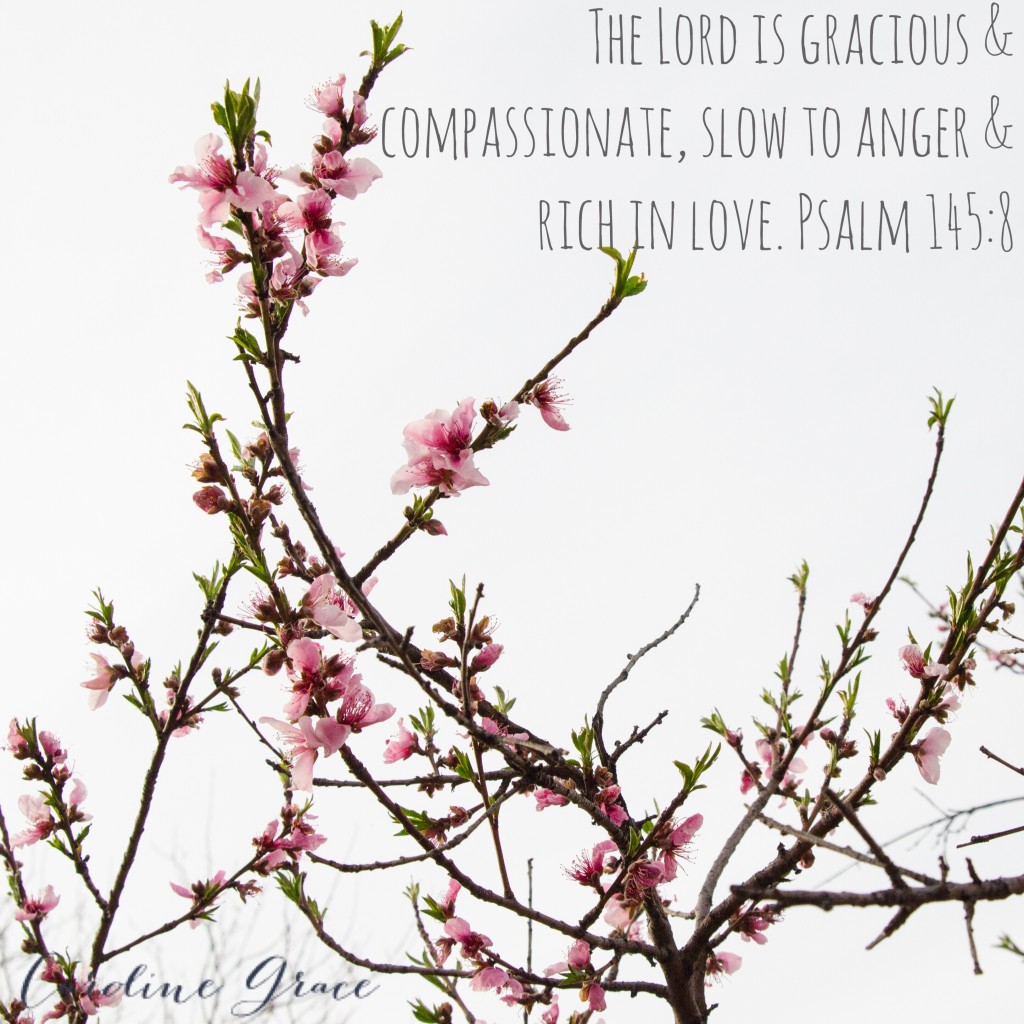As soon as Jonah is “vomited up on dry land” by the whale, the Lord tells him again to go to Nineveh and speak truth to its people. This time, Jonah begrudgingly obeys (oh, how I know that feeling!).
The people of Nineveh have a seemingly perfect response: they immediately repent, and the king calls for a time of fasting and prayer. Nineveh is saved from disaster and returns to the Lord. Sounds amazing, right?
But this pisses Jonah off–like, a lot–and he tells God:
“Didn’t I say before I left home that you would do this, Lord? That is why I ran away to Tarshish! I knew that you are a merciful and compassionate God, slow to get angry and filled with unfailing love. You are eager to turn back from destroying people. Jonah 4:2
Jonah’s sense of justice has been violated, and He finds God’s grace for the people of Nineveh offensive. He didn’t want to go to Nineveh because he had no desire to help people who he saw as evil and deserving of punishment. When they repent and are embraced by the goodness of God, Jonah is enraged.
The book of Jonah is a foreshadowing of the Gospel and a picture of God’s heart for humankind that “none should perish” (2 Peter 3:9). His desire from the beginning of time was for truth to be preached to everyone on earth, regardless of how wicked they are, regardless of how deserving of salvation we think they are.
That’s the glorious, beautiful thing about the Gospel of grace: it’s extravagant, and scandalous, and illogical, and generous beyond reason.
Jonah has a temper tantrum, and builds himself a little shelter outside the city walls and “waited to see what would happen to the city.” (Jonah 4:5) I guess he wanted a front row seat for when God came to His senses and destroyed the city. The Lord, in His unending patience (I mean, really) and kindness causes a tree to grow to shade Jonah and “save him from his discomfort.” I adore the patient parent vs. bratty child dynamic between God and Jonah.
When the next morning comes, it’s time for Jonah to move it along and head home, so God sends a worm to attack and kill the tree. Jonah is super mad at God for killing his shade tree, and they have this little conversation:
Then God said to Jonah, “Is it right for you to be angry because the plant died?”
“Yes,” Jonah retorted, “even angry enough to die!”
Then the Lord said, “You feel sorry about the plant, though you did nothing to put it there. It came quickly and died quickly. But Nineveh has more than 120,000 people living in spiritual darkness, not to mention all the animals. Shouldn’t I feel sorry for such a great city?” Jonah 4:9-11
It is the essence of God’s nature to be savior, to be the one who rescues and redeems. He “is compassionate and gracious, slow to anger, abounding in love” (Psalm 103:8), and He desires good things, even for those who seem deserving of punishment.
Now, that’s good news.
Also, I think this question from God is the best ending of any book of the Bible ever.











